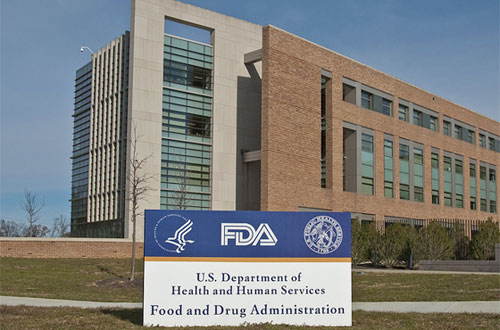
Following a statement, the US Food and Drug Administration (FDA) has decided to revise its emergency use authorisations (EUAs) for administering a combination of Eli Lilly’s bamlanivimab and etesevimab and Regeneron’s (casirivimab and imdevimab).
These monoclonal antibodies are now limited to cases “only when the patient is likely to have been infected with or exposed to a variant that is susceptible to these treatments”.
The statement – attributed to Patrizia Cavazzoni, director of the FDA’s Center for Drug Evaluation and Research – comes after data analyses demonstrated that the treatments are “highly unlikely to be active against the Omicron variant”, further reinforcing the FDA’s commitment to use “the best available science as the virus has evolved”.
The statement did not entirely rule out a future use of the monoclonal antibodies.
The statement notes that while restrictions have been made on Regeneron and Lilly treatments at this time, there are still several therapy options, including Paxlovid, sotrovimab, Veklury (remdesivir) and molnupiravir, that are understood to work against the highly-transmissible Omicron variant.
The US National Institutes of Health (NIH) COVID-19 Treatment Guidelines Panel, made up of an independent group of national experts, previously issued recommendations against administering bamlanivimab and etesevimab and casirivimab and imdevimab because of what the panel described as ‘markedly reduced activity against the Omicron variant and because real-time testing to identify rare, non-Omicron variants is not routinely available’.
The FDA statement stressed that while certain treatments have been authorised, healthcare providers should consult the NIH panel’s COVID-19 guidelines to assess patient eligibility for specific treatments.
Cavazzoni emphasised that these treatments are not a substitute for safe and effective vaccinations and boosters.
Although the news will come as a blow to Lilly and Regeneron – Lilly saw more than $1.1bn sales of its monoclonal antibodies in 2021, while Regeneron recorded $4.7bn from its treatment in the same year – Cavazzoni underscored the importance of bypassing potentially ineffective treatments in order to avoid “exposing patients to side effects, such as injection site reactions or allergic reactions, which can be potentially serious, from specific treatment agents that are not expected to provide benefit”.




